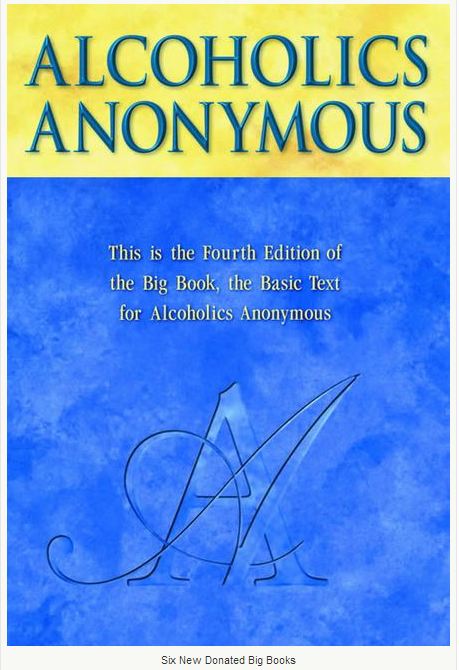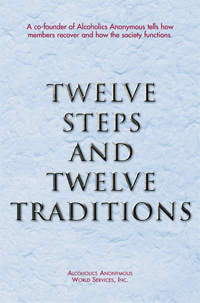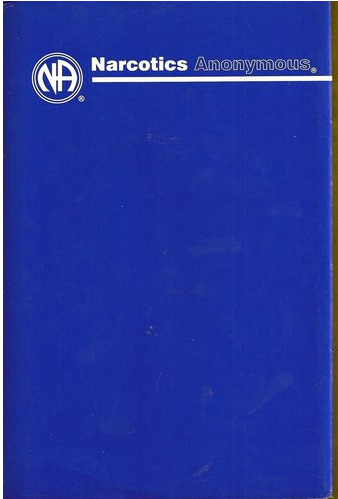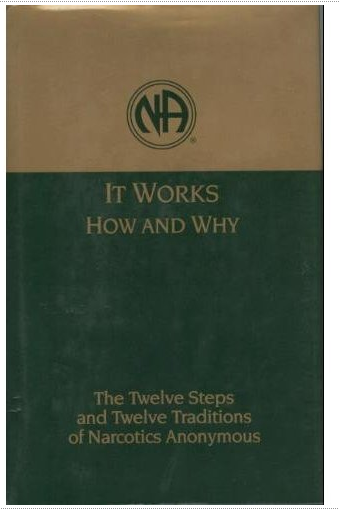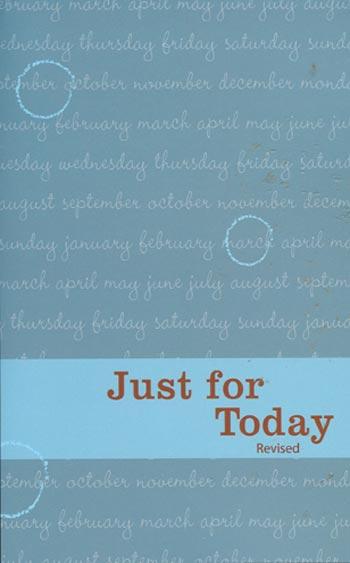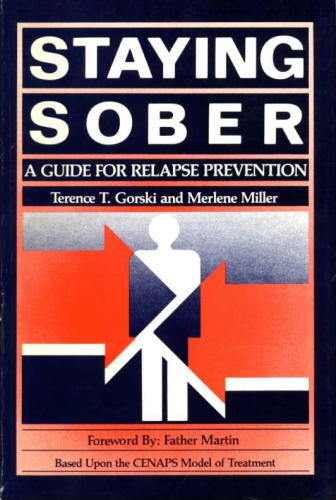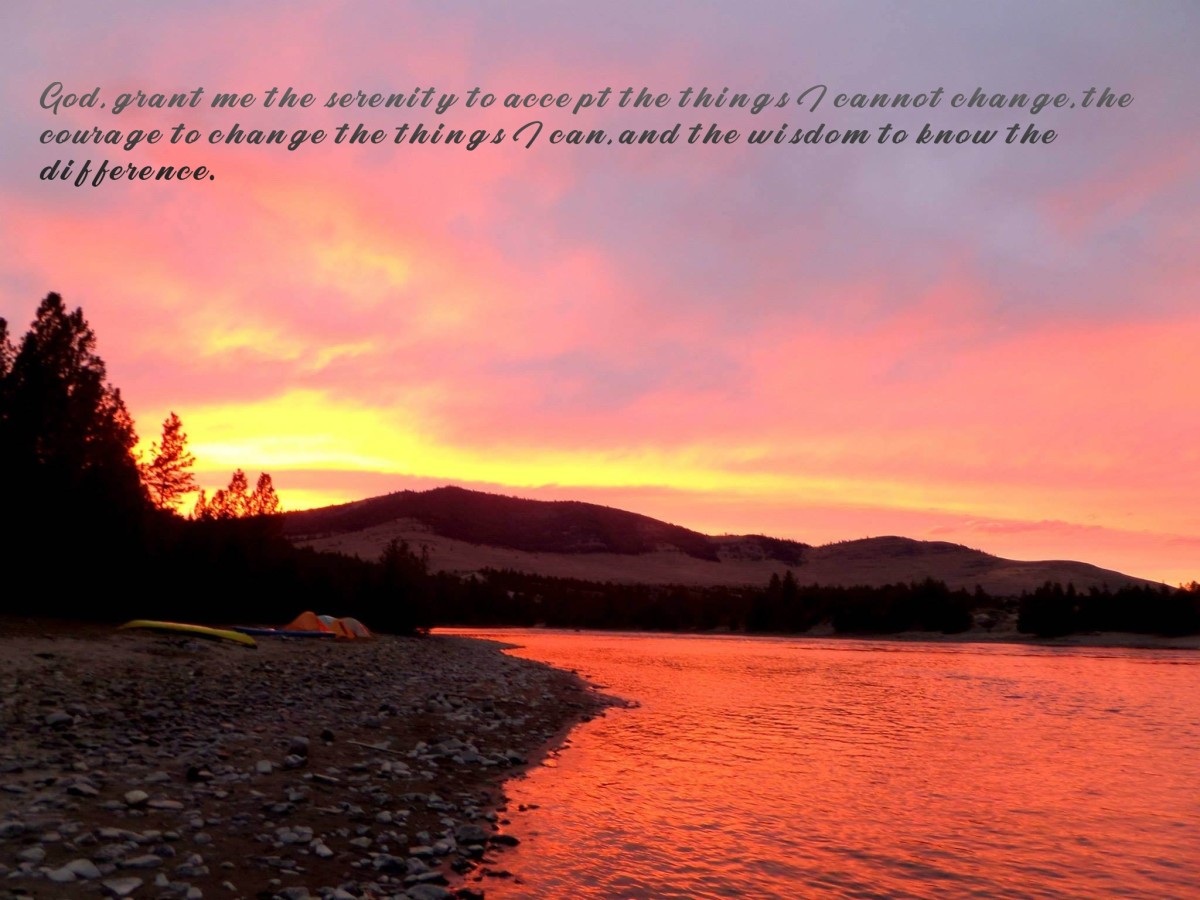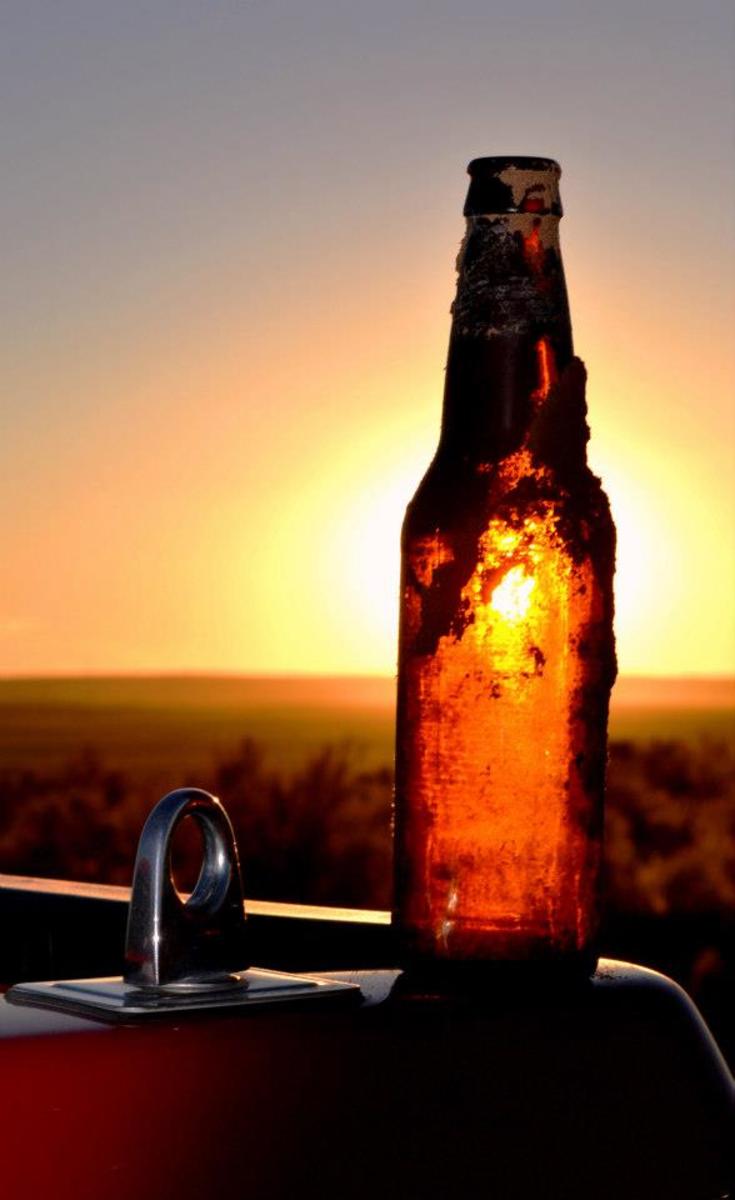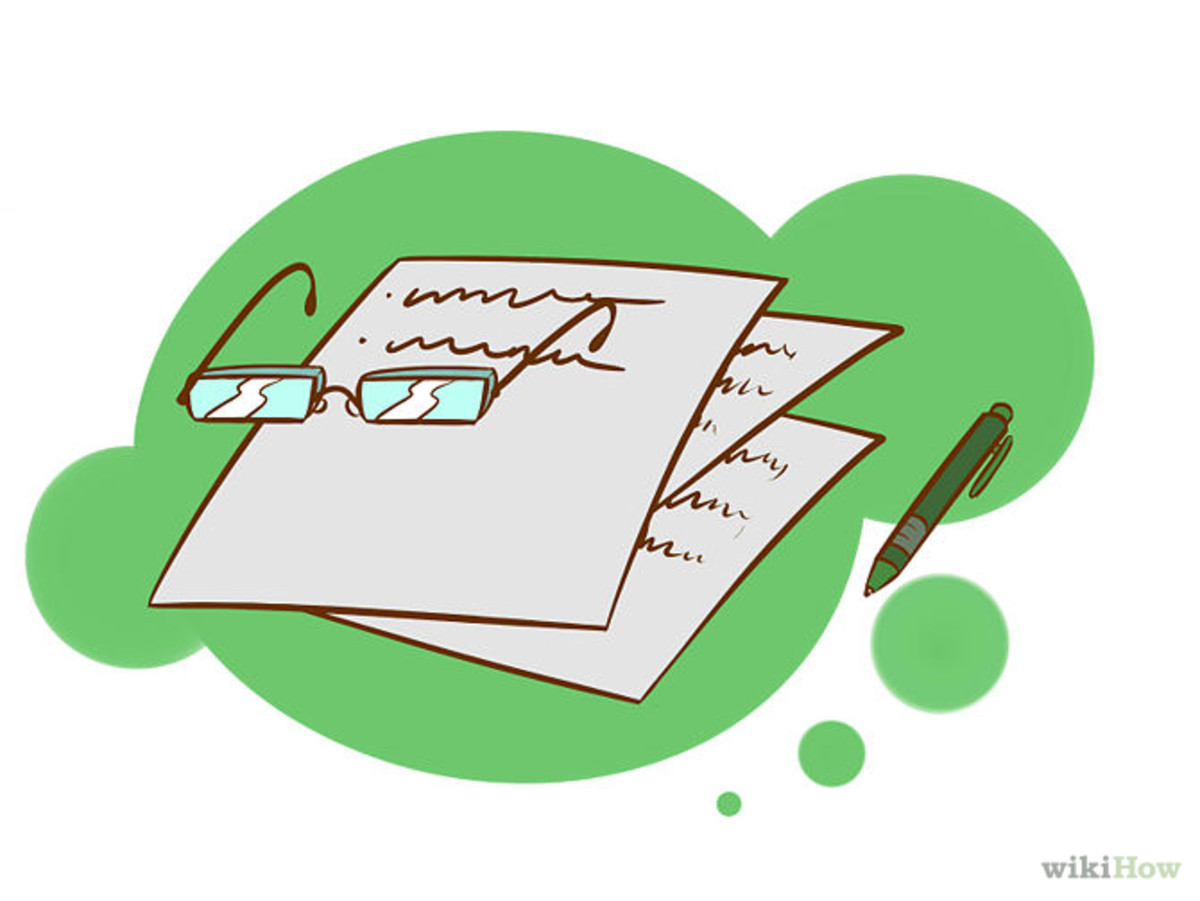A Guide to Working in the Drug and Alcohol Field for Non-Addicted Persons, Part Two: Hit the Books
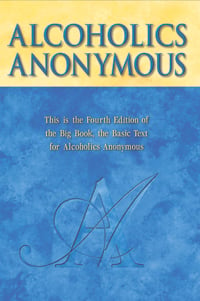
12-Step Culture
For a non-addicted person, stepping into the realm of recovery can come with it a serious dose of culture shock. When I began employment as a patient tech I know that I was overwhelmed by this thing called "recovery." The patients and counselors spoke of their addiction as a disease--"a spiritual malady"--and described a twelve-step prescription to keep from using drugs or alcohol in the future. What is this collaboration?, I wondered. Is it a religion, a club, a cult?
In time I came to learn that recovery was none of those things. It had its own jargon, it had its own explanatory texts, and its participants had specific social obligations to one another. To put it plainly, recovery was its own culture. Eventually I came to believe that understanding the intricate and unique facets of that culture was vitally important for me to succeed as a professional.
This article will attempt to briefly answer each of the following questions:
- How can a non-addicted person effectively learn about recovery and the fellowships?
- What are some of the most popular pieces of recovery literature?
- With which of the many options ought I start?
- How much help will these books really be?
- What do these books look like?
- What can a book designed for addicted people actually teach a non-addicted person?
- Where can I buy these books?
How can I learn about all this stuff?
In order to learn about the fellowships most effectively, it is a good idea to read the texts which lay at their foundation. Although there are a wide variety of fellowships, all 12-step programs based on similar principles, the two largest and most relevant fellowships to an employee in the D & A field are Alcoholics Anonymous (A.A.) and Narcotics Anonymous (N.A.).
These texts describe the nature of alcoholism/addiction, detail the common struggles of an alcoholic/addict, and explain the way by which someone in his or her active addiction can find peace with themselves and stop using the substances which harm them.
Popular Recovery Literature
A. A.
| N.A.
|
|---|---|
Alcoholics Anonymous (The "Big Book")
| Narcotics Anonymous (The "Basic Text")
|
Twelve Steps and Twelve Traditions
| It Works: How and Why
|
Daily Reflections
| Just for Today
|
Assorted Pamphlets
| Assorted Pamphlets
|
Both fellowships have additional literature, and it comes in a variety of languages, but these are the resources used most frequently. Reading a fraction of what is listed above will serve to make you far more effective in your position.
That's a lot of literature! Where should I start?
As always, it is best to start in the beginning. Therefore, I would strongly suggest picking up a copy of the A.A. Big Book. The roots of A.A. lie at the feet of its founder, Bill W. In the mid-1930s, Bill, a hopeless alcoholic had a spiritual revelation which brought him to God. Shortly after, in a moment of weakness, he frantically searched out another alcoholic with whom to speak. After doing so, his desire to drink had left him, and in its place was a marvelous realization. Talking to other alcoholics was the key to not drinking at all!1
Shortly thereafter, the idea is born that a text ought to be written for the benefit of those who may not have another alcoholic at their disposal. That text described the nature of the hopelessness of alcoholism, the changes that occurred for those alcoholics who had seen the light, and a set of suggestions based on those changes for any newcomers who had the desire to stop drinking.2
Want to learn more about the history of A.A.?
Entitled Alcoholics Anonymous, that first book became the foundation of the fellowship. In time, individuals who struggled with addiction to non-alcohol drugs used the principles set forth in A.A. to create Narcotic Anonymous, publishing a book of their own entitled Narcotics Anonymous.
The long and the short of it: Alcoholics Anonymous is the original fellowship text and for that reason it would be my primary suggestion to a non-addicted person moving into the D & A field . My suggestion would change only if your facility works exclusively with addicts or primarily (or exclusively) with minors and/or young adults (18-25). In those cases, you will be speaking far more often with individuals for whom a drug addiction is most relevant, and so reading the N.A. Basic Text would prove most helpful.
Will reading one of these books be enough?
Unless you have endured a close relationship to a person who was ravaged by the disease of addiction, as a non-addicted person, you're probably become aware of the fact that you know very little about addiction, and even less about the rich culture to be discovered in recovery.
Reading even just a fraction of one of these books will likely give you a leg-up on your non-addicted peers. It will provide you with a framework from which to design your advice, criticisms, redirections, and general interactions with your patients. In my experience, it will also earn you a greater level of respect from the patients (if they learn of your extra work) and your recovering co-workers. That respect goes a long way towards making your working experience a positive one.
How do I know what they look like?
Click thumbnail to view full-size





These books are designed for addicted people--how will they help me?
In reading the Big Book, you can learn several important lessons about recovery.
- You will learn about the hopeless desperation that accompanies alcoholism and it will increase your compassion.
- You will learn about why, when faced with all the consequences of their drinking, an alcoholic simply cannot put down the drink and it will increase your understanding.
- You will learn how alcoholism manifests itself not only in the consumption of alcohol, but in the behaviors and attitudes of a person and it will increase your knowledge.
- You will learn about the 12 steps and how they are able to guide an individual down the path toward recovery and it will increase your wisdom.
- You will learn, from the mouths of recovering people, the most important deficiencies to be address, and you will become equipped.

